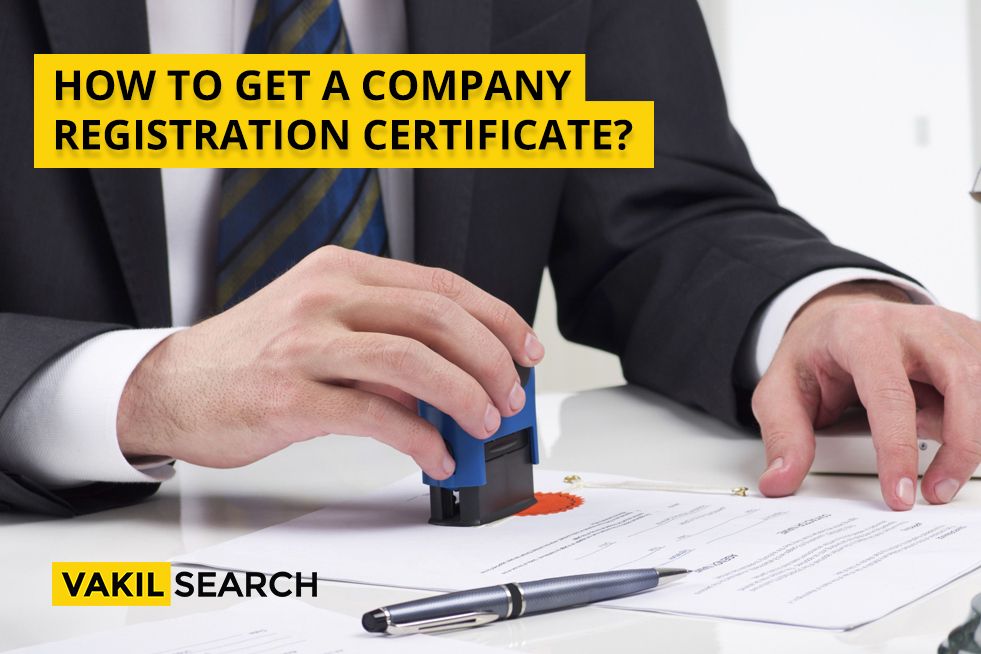For foreign entrepreneurs, there are several options on how to operate a new business in Singapore. Timcole will examine your firm’s needs and recommend the best company structure to suit you.
Once registered, companies receive an email notification from ACRA that acts as the official Certificate of Incorporation and includes their Unique Entity Number. They will also be given a Business Profile (Bizfile) that can be accessed online for a small fee.
Choosing an Organizational Form
Amongst the many things to consider when registering a company in Singapore, one of the most important is choosing an organizational form. This structure will determine your company’s liability and how it will be managed.
A private limited company is the most popular type of business in Singapore. This structure allows for a maximum of 50 shareholders who will be protected from liabilities beyond their capital contribution. This type of company requires a minimum paid-up share capital and can be increased at any time post registration.
Foreign companies can also choose to register a subsidiary, representative office or branch office in Singapore. However, they will need to satisfy additional requirements including appointing a local director and hiring a corporate secretary. Piloto Asia is happy to assist with these requirements.
Choosing a Registered Address
Singapore is a top choice for entrepreneurs and businesses seeking to expand their operations in Asia. The country’s robust economy, established capital markets and financial system, and strategic geographical location make it a premier business destination.
When registering a company, it is essential to choose a registered address. This is the official address where all legal documents and notices will be sent. It must be a physical address and cannot be a PO box.
Entrepreneurs must also decide whether to register their company as a private limited company or a limited liability partnership (LLP). A private limited company is the most common business structure in Singapore and offers the benefit of separate legal entity status and limited liability protection for its shareholders. An LLP is a popular option for professional services firms.
Choosing a Company Secretary
The Company Secretary is a position mandated by the Companies Act and can only be filled by someone who meets certain professional qualifications and standards. This person is the primary officer responsible for several administrative and reporting functions, including filing of annual returns and appointing shareholders.
They also have a legal duty to keep the statutory registers of the company up to date and allow members, shareholders or anyone else to inspect them. They are also responsible for assisting the chairman of the board to convene meetings and handling correspondence between shareholders.
When choosing a Singapore corporate secretary, it is important to find one who has domain expertise in matters related to incorporation, compliance issues and more. Do some research online and look for unbiased customer reviews.
Choosing a Company Name
Your company name is a crucial part of your business. It should be distinctive, memorable, and reflect your company’s image and scope. It should also not be similar to other names already registered with ACRA. ACRA may reject a business name that does not meet its guidelines.
Your company’s name application might be referred to other authorities for comments before it can be approved, especially if you include words such as “bank”, “insurance”, “financial”, “education”, or “school” in your name. This could delay the approval process by a few weeks.
To avoid this, you should make sure that your proposed business name is available and not identical to any existing company name by conducting a name search via Bizfile+. In addition, you should prepare several alternative names in case your company name is not approved.
Choosing a Share Capital
Choosing a share capital is important because it can affect the company’s credibility in the eyes of investors and lenders. Generally, it is wiser to choose a higher paid-up capital structure as this can help businesses secure better fundraising terms and lower interest rates for debt.
A company can increase its capital by issuing new shares to existing shareholders or by selling them to new investors. Regardless of the method chosen, there are legal guidelines that must be followed when increasing the company paid-up capital.
Choosing the right organisational form, registered address, company secretary, and share capital are just some of the many important aspects to consider when setting up a company in Singapore. Timcole can help to streamline the process and make sure that all the necessary paperwork is filed correctly, allowing you to focus on running your business from Singapore.company registration Singapore





